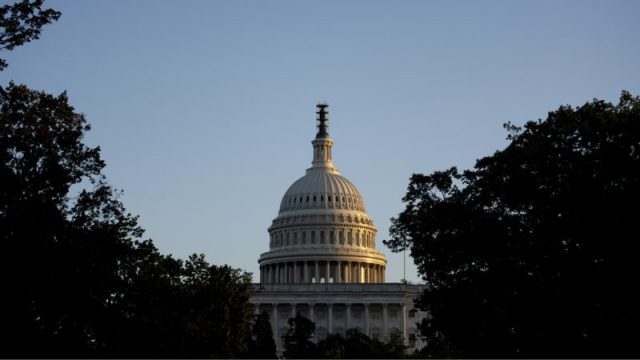Hospitals, medical practices, and pharmacies throughout the United States have already begun implementing artificial intelligence (AI) technology. Despite this widespread adoption, many individuals, including members of Congress, still harbor uncertainties regarding this advanced technology.
During a recent hearing, U.S. Representative Anna Eshoo from California expressed her confusion about certain aspects of the testimony related to AI. She specifically questioned healthcare industry leaders about the practical applications of AI in their operations.
Dr. Michael Schlosser, the senior vice president of care transformation and innovation at HCA Healthcare, highlighted how AI is streamlining administrative tasks for healthcare professionals, particularly in fast-paced environments like emergency rooms. This efficiency improvement allows doctors and nurses to allocate more time to direct patient care and communication, with up to 30 percent of their time being reclaimed.
Peter Shen, the North American head of digital health at Siemens Healthineers, emphasized the collaborative role of AI alongside healthcare providers in enhancing patient outcomes. From early disease detection to personalized treatment options, AI is envisioned as a tool to augment clinical decision-making rather than replace human expertise.
Despite the potential benefits, concerns persist among policymakers and experts regarding the reliance of AI on vast amounts of patient data, which may not always be protected under existing regulations like HIPAA. Efforts are underway to address these privacy challenges, including the proposal of a national data privacy standard and initiatives to enhance transparency in AI utilization within healthcare settings.
In response to these concerns, President Biden recently issued a comprehensive executive order focusing on AI, tasking the U.S. Department of Health and Human Services with establishing guidelines for the ethical and responsible deployment of AI technologies in healthcare.






